The process of getting to know your clients should start before they ever even walk through your door or log on for their first appointment. By having them fill out a comprehensive psychology survey in advance of their first session, you’ll be able to gauge their needs, challenges, and opportunities.
Here are 20 questions to add to your survey to make it more effective, as well as some top examples and strategies for designing your questionnaires.
The purpose of psychology survey questions
Psychology survey questions are questions psychologists use to analyze and measure the mental well-being of a client. These questions help care providers determine their clients’ mental states, and they’re essential for understanding, diagnosing, and assisting clients along their mental health journey.
But these questions aren’t reserved for psychologists alone. A variety of fields, including healthcare, human resources, and more can also use them.
No matter the use case, it’s important to phrase each question carefully to ensure respondents’ answers are as accurate as possible.
Top psychology survey questions for your questionnaire
There are a wide variety of psychology survey questions to choose from that will help you determine a respondent’s mental state.
Get started on your questionnaire by trying out a few of our top question suggestions, broken down into their respective categories.
Demographic questions
- What gender do you identify with?
- What is your age?
- What is your ethnicity?
- What is the highest level of education you have completed?
- What is your current employment status?
- Do you have children? If so, how many?
General psychology questions
- On a scale of 1–5, how would you rate your current level of happiness?
- How often do you feel lonely?
- Are you worried about your current financial situation?
- How frequently do you procrastinate on a daily basis?
- Is there anything specific you would like to discuss?
Anxiety questions
- On a scale of 1–5, how anxious do you feel in public?
- Have you canceled or avoided plans due to anxiety during the last month?
- How would you rate anxiety’s impact on your daily life on a scale of 1–5?
- Does anxiety ever impact your relationship with others?
- How often do you worry about how others perceive you?
Depression questions
- Have you had thoughts of self-harm during the past 30 days?
- How often do you avoid social situations due to feeling down?
- How frequently do you experience symptoms of depression, such as lack of appetite or inability to sleep?
- On a scale of 1–5, how much does depression interfere with your daily life?
Psychology survey best practices
While asking the right questions is vital to the success of a survey, the way you format your questionnaire is equally important. Following best practices will boost your response rate and increase your survey’s value, making it easier for respondents to answer your questions and simplifying the analysis process.
Here are a few top tips on how to best format your survey responses for success:
- Keep questions simple. Writing questions at a sixth to eighth grade reading level makes them easier to understand and answer.
- Avoid double-barreled questions. Questions with two parts can make them more difficult for respondents to answer.
- Shorter is better. Short surveys offer respondents more time to consider their answers. Long surveys may lead to rushed answers and inaccurate responses.
- Use consistent scales. If your questions include a numeric scale, such as a Likert scale, pick an interval and stick to it for every question.
By following these best practices, you offer your respondents the best opportunity to provide honest, thoughtful responses. However, knowing these best practices is only half the battle. Using the right tools will help you get the most out of your questionnaire.
A more powerful questionnaire with Jotform
When it comes time to build your psychology questionnaire, use a form builder that gives you the most benefits possible. Jotform is a free-to-use online survey maker that offers a number of tools to help streamline your process.
In addition to its user-friendly Form Builder, Jotform provides users with powerful resources to enhance their surveys. Some key tools include
- More than 10,000 templates, including over 20 psychologist form templates
- Response collection and organization with Jotform Tables
- Features that help with HIPAA-compliance with applicable plans
- Mobile offline forms through the Jotform Mobile Forms app
Jotform’s all-in-one interface helps you build, send, and analyze your psychology questionnaires without the need for complicated or expensive software. Streamlining your process with Jotform saves you money, but it also saves you precious time that you can dedicate to helping your respondents build a brighter future.
Photo by SHVETS production









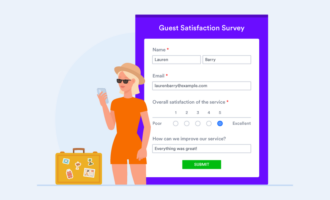

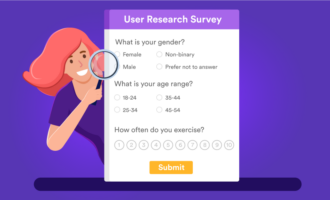





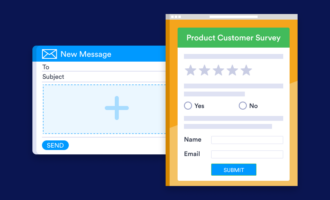





















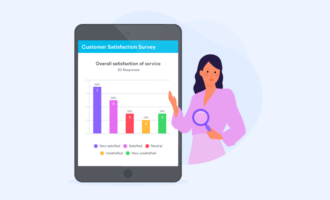



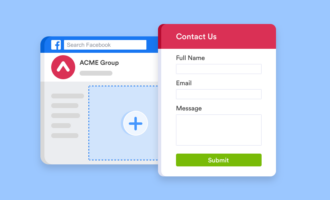
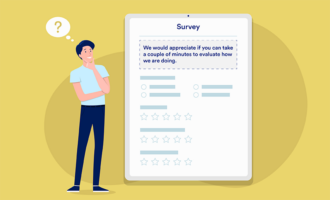



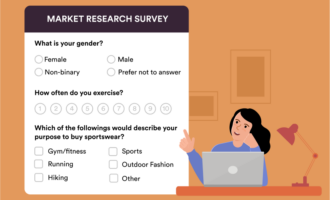





















































Send Comment: